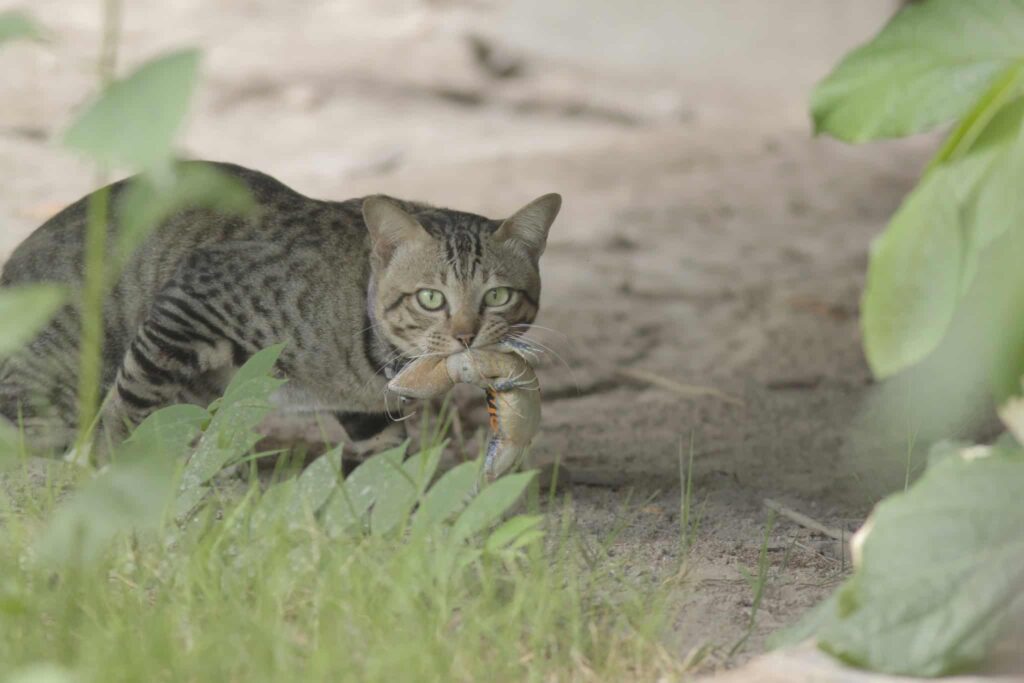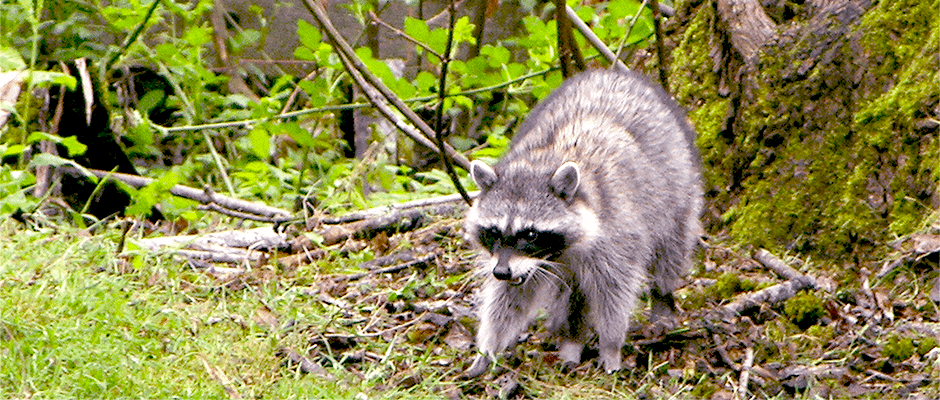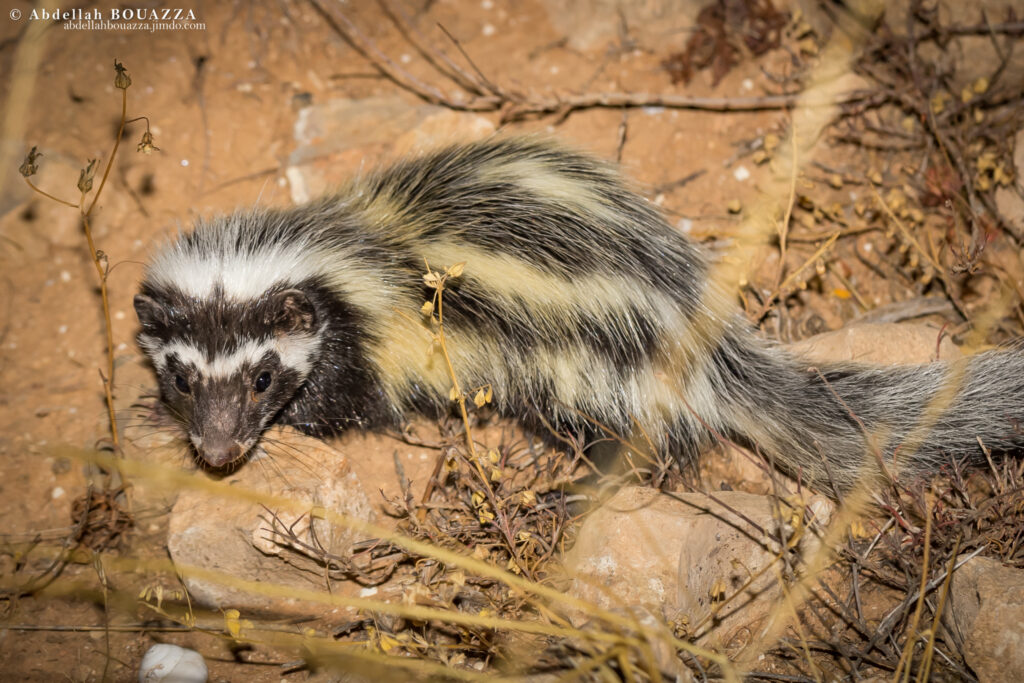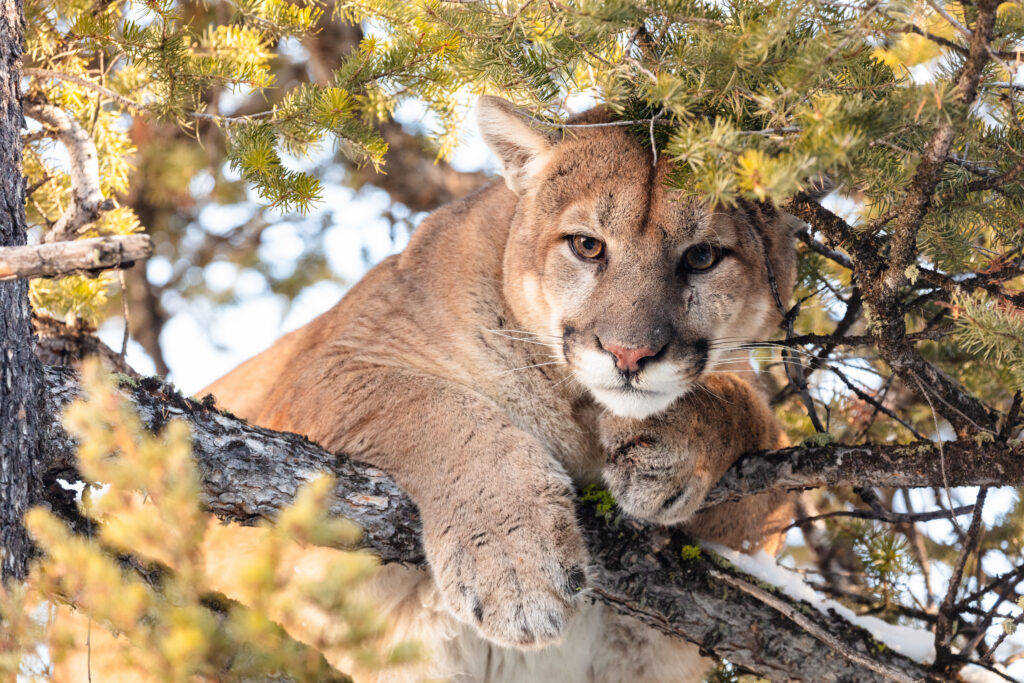A group of researchers has found that captive raccoons are more likely to consume baits used to lure them to ingest rabies vaccines if the bait is fish-flavored.
TWS member Shylo Johnson, a biologist at the National Wildlife Research Center in Fort Collins, Colo., and her team conducted an experiment with captive raccoons (Procyon lotor) and striped skunks (Mephitis mephitis) to determine if they would consume a new shape of bait with sweet or fish flavor and if they demonstrated a preference for one or the other.

Johnson placed captive raccoons and skunks in pens with an even number of sweet-tasting baits, fish-flavored baits and occasionally with the animals’ usual food. After monitoring them for 24 hours and checking which baits were left, Johnson found that adult raccoons consumed 100 percent of the baits but displayed a preference for the fish-flavored bait, since they consumed it first. Skunks consumed 87 percent of the baits and showed no preference.
“The different ways of packaging the vaccines are more attractive to different target animals,” said Johnson, the lead author of the study published in the Journal of Wildlife Diseases.
Oral vaccination has been used to fight rabies since the early 1990s in the U.S., Johnson said. Vaccine baits have helped eliminate canine rabies among coyotes, she said, but for raccoons, only the spread of raccoon rabies into new areas has been stopped. She wanted to see if different shaped flavored baits might be more successful in treating raccoons and striped skunks.
Johnson’s team also conducted a field experiment using camera traps to see which baits the animals consumed in a more natural environment, but they recorded only 19 raccoons — which they considered a fairly small sample size for the area — and no skunks taking the bait.
“We need to keep working away at it and try to build upon what others do using new advances,” she said. “Cameras definitely help with behavioral observations in the field, and it’s growing more from the earlier studies.” Johnson also found that raccoons seemed to chew the entire bait, which could mean more contact with a vaccine than skunks, which took smaller bites.
The research suggests captive animals are likely to consume the round flavored bait, Johnson said, but more research is needed to see what the results in the field would be.
Article by Dana Kobilinsky








